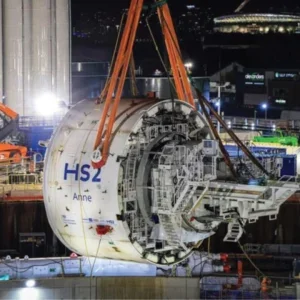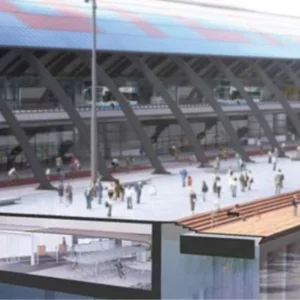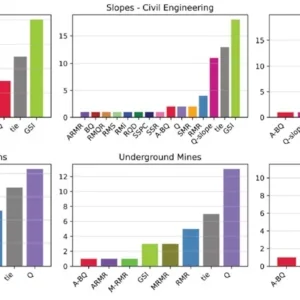Yet while on the train, I couldn’t help thinking that, as editor of a former tunnelling magazine a decade ago, I had been writing about Crossrail opening in 2018, then 2019, then… and so it went.
It obviously did open late and as a result, many uninformed detractors will have judged it, wrongly, to have failed. But who will remember any of this in 50 years’ time? Or even in five years’ time? Can there be many megaprojects globally that have completed to time and budget? And let’s not forget that the tunnelling on Crossrail was completed broadly within the time and cost parameters.
Much of the commotion over delays and cost overruns emanates from the popular press, which tends to be unaware of the realities of such projects. They should instead take the long-term view and accept that construction cost and programme forecasts tend to be less meaningful when viewed across whole-life performance and sustainability. This is a simple, yet often disregarded concept.
Interestingly, according to a recent report by UK-based contractor Mace, 80% of large infrastructure projects globally experience cost or programme overruns. Global management consultant McKinsey estimates that 98% of megaprojects see cost overruns of more than 30%, with 77% of them at least 40% late.
Various remedies have been advanced that might see infrastructure projects more closely achieve initial cost and timescale estimates. These include setting clearer outcomes, improved forecasting, sensible procurement, a high-quality business case, better training, appointing experienced teams, adopting new technology (e.g BIM and digital twins) and accountability. Even these may not result in project completions that accord exactly with initial forecasts but they could go some way to achieve more predictable outcomes.
George Demetri Editor






